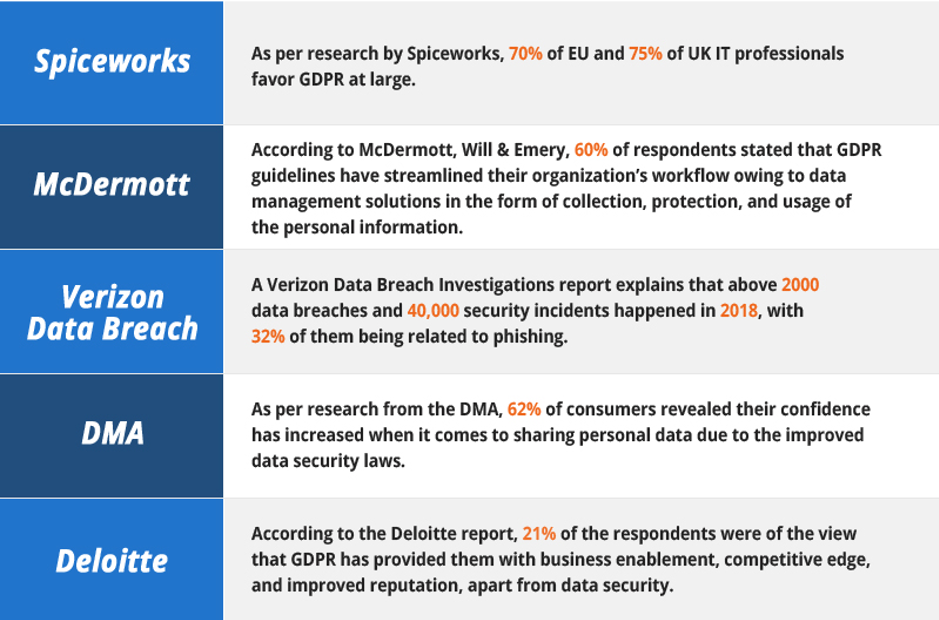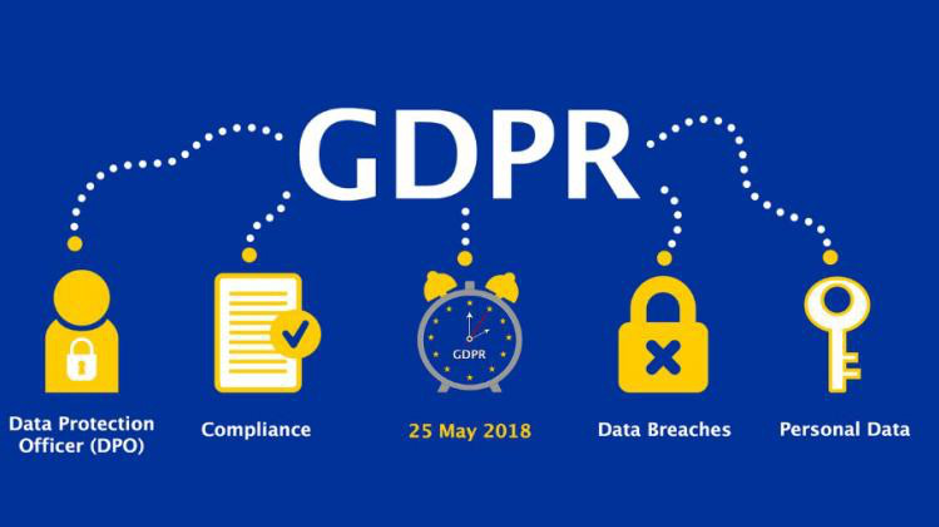Top 6 GDPR Compliance Stumbling Blocks and Possible Solutions

Top 6 GDPR Compliance Stumbling Blocks and Possible Solutions
Contributed ContentGeneral Data Protection Regulation (GDPR) is vital for any business that is directly or indirectly involved in business activities in Europe and uses the personal information of the residents.
Learn the stumbling blocks to avoid and implement an effective GDPR strategy.
GDPR (General Data Protection Regulation) is a data security law concerned with the citizens of the European Economic Area and the European Union.
Any company which uses personal and commercial data of these citizens must comply with the rules of GDPR.
GDPR rules not only direct companies to use and store client data, but also verify whether or not that data is secured properly. GDPR rules also make it mandatory to inform the clients of any kind of data breach.
Still, implementing an effective GDPR strategy can be difficult for any business. Learn and avoid the GDPR compliance issues that plague many businesses.
Top 6 GDPR Compliance Mistakes
- Believing You Don’t Need to Comply with the GDPR Guidelines
- Inability to Delete Customer Data
- Cherry-Picking GDPR Guidelines
- Personal Information Identification Failure
- Using Customer Data for Unadvertised Purposes
- Not Taking Legal Assistance
1. Believing You Don’t Need to Comply with the GDPR Guidelines
One of the most common stumbling blocks for staying in compliance with the GDPR guidelines is the belief that your business does not need to comply to them in the first place. All companies that are collecting personal data of Europe citizens have to follow the data guidelines set by GDPR.
Even if you are not registered to business in Europe, you must follow these guidelines if you conduct business operations in the EU. Otherwise, you may be liable for a GDPR penalty.

So, before starting with your services in EU, make sure you understand each and every GDPR guideline.
2. Inability to Delete Customer Data
An important GDPR derivative, the right to delete customer data, mandates businesses to delete complete master customer data upon their request. In the past, businesses used to delete only a portion of customer information while still using their contact numbers for marketing purposes.
This kind of approach has been completely abolished with the GDPR guidelines, which clearly states that in no way can the businesses use customer data after a customer declares the termination of his or her relationship with them.
So, proper methods need to be built for data management processing and deleting master customer data records in one go. Also, it is important that the businesses keep evidence of whatever they are deleting from the master customer data to avoid any kind of legal or penalty hassle.
3. Cherry-Picking GDPR Guidelines
Most of the businesses simply focus on the most-discussed GDPR elements, such as the need for a data protection officer (DPO), consent management, and the right to delete personal data. However, these do not constitute all the elements of GDPR as there are 11 chapters with 99 articles which explain the complete guidelines in detail.

This makes it necessary to go through all these guidelines and comply with them before providing any services in the EU and collecting any personal data of its residents.
4. Personal Information Identification Failure
The GDPR directives which are related to personal information are essential. Businesses have to understand that the Personally Identifiable Information (PII) are not simply limited to a customer’s contact information, IDs, BAN (International Bank Account Numbers), and e-mails.
For businesses to maintain GDPR compliance, they also have to consider unstructured customer data such as IP addresses, social media posts, geographic locations, and profile images. So, make sure you have read the complete personal information GDPR compliance before collecting and using any form of personal identification.
5. Using Customer Data for Unadvertised Purposes
Some businesses collect customer data on behalf of a specific purpose and then use it for unrelated marketing purposes. This is strictly prohibited by GDPR regulations.
If your business has gathered customer data to take care of a customer query or customer complaints, you must use their data for that specific purpose only. The GDPR does not allow for any kind of vulnerabilities when it comes to the usage of customer data.
So, make sure your marketing team is aware of this regulation. Do not use customer data for purposes that weren’t made explicitly clear.
6. Not Taking Legal Assistance
Some companies neglect to use legal assistance regarding their GDPR compliance. This is a mistake. It is imperative to take legal assistance in order to ensure GDPR compliance.
For a busy business, the depth of GDPR guidelines and the work required to achieve them can be difficult to understand and overwhelming to implement.
Getting an experienced and skillful legal counsel on board is recommended as one cannot match the expertise of a professional. You should also consider the services of data management solutions providers, as they have in-house expert teams who can assist you, manage your data, and complete administrative and time-consuming back-office tasks.
Implement an Effective GDPR Strategy
An understanding of General Data Protection Regulation (GDPR) is essential for any business that is directly or indirectly involved in European business activities.
Make sure that your customer’s personal information and your business’s legal liability are protected by avoiding the major GDPR issues. Ensure success by thoroughly implementing a GDPR strategy.
